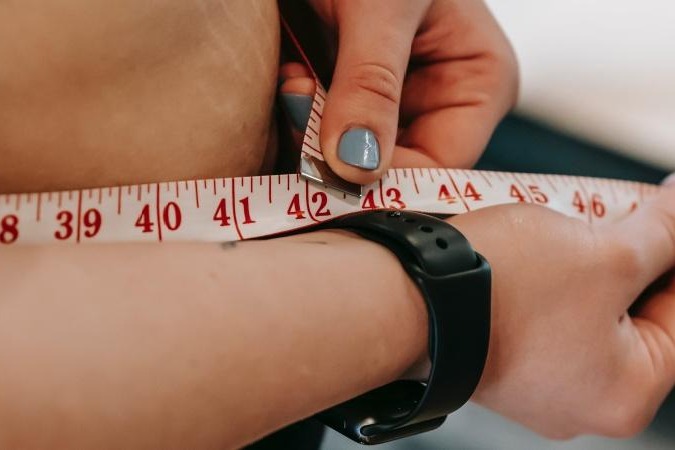Obese people with dysmorphia hide body behind WhatsApp profile pictures: Study

Many people who are living with obesity, suffer from dysmorphic disorder -- a condition in which a person has a distorted image of their body -- and conceal their body in their WhatsApp profile pictures, according to a study on Tuesday.
People with body dysmorphic disorder feel dissatisfied with their physical appearance and may experience shame or anxiety about their bodies. Those obese and with the disorder believe they are heavier than they actually are.
"This study suggests that something as simple as a WhatsApp profile picture could give doctors a valuable insight into whether someone living with obesity has body dysmorphia," said lead Antonella Franceschelli, of Unicamillus International Medical University, in Italy.
In a study, involving 59 obese patients (49 females, 10 males, mean age 53 years, mean BMI 32 kg/m2), the team provided clear evidence of body dysmorphia, with 90 per cent of the men and 86 per cent of the women using profile pictures that didn't represent their physical reality.
"Profile pictures of pets, family members, landscapes, flowers and cartoon characters may indicate the individual has body dysmorphic disorder," Franceschelli said.
The research also found that social media exacerbates the excessive concern about physical appearance, where unrealistic standards of beauty and physical shape are often shared.
"People with body dysmorphic disorder can be particularly sensitive to these influences, constantly comparing themselves to idealised images and feeling inadequate in comparison," Franceschelli said.
For the study, the team involved 59 obese patients (49 females, 10 males, mean age 53 years, mean BMI 32 kg/m2), and conducted a qualitative study of their WhatsApp profile images.
The results showed that the patients' profile pictures had their faces but not their bodies or used any other image like pets, family members, landscapes, cartoon characters, or objects such as flowers.
Importantly, the team found that the likelihood of using a profile picture that didn't represent physical reality increased with the degree or severity of obesity. Franceschelli called for checking for body dysmorphia as a part of obesity treatment
The research was presented at the European Congress on Obesity (ECO) in Venice, Italy (May 12-15).
People with body dysmorphic disorder feel dissatisfied with their physical appearance and may experience shame or anxiety about their bodies. Those obese and with the disorder believe they are heavier than they actually are.
"This study suggests that something as simple as a WhatsApp profile picture could give doctors a valuable insight into whether someone living with obesity has body dysmorphia," said lead Antonella Franceschelli, of Unicamillus International Medical University, in Italy.
In a study, involving 59 obese patients (49 females, 10 males, mean age 53 years, mean BMI 32 kg/m2), the team provided clear evidence of body dysmorphia, with 90 per cent of the men and 86 per cent of the women using profile pictures that didn't represent their physical reality.
"Profile pictures of pets, family members, landscapes, flowers and cartoon characters may indicate the individual has body dysmorphic disorder," Franceschelli said.
The research also found that social media exacerbates the excessive concern about physical appearance, where unrealistic standards of beauty and physical shape are often shared.
"People with body dysmorphic disorder can be particularly sensitive to these influences, constantly comparing themselves to idealised images and feeling inadequate in comparison," Franceschelli said.
For the study, the team involved 59 obese patients (49 females, 10 males, mean age 53 years, mean BMI 32 kg/m2), and conducted a qualitative study of their WhatsApp profile images.
The results showed that the patients' profile pictures had their faces but not their bodies or used any other image like pets, family members, landscapes, cartoon characters, or objects such as flowers.
Importantly, the team found that the likelihood of using a profile picture that didn't represent physical reality increased with the degree or severity of obesity. Franceschelli called for checking for body dysmorphia as a part of obesity treatment
The research was presented at the European Congress on Obesity (ECO) in Venice, Italy (May 12-15).